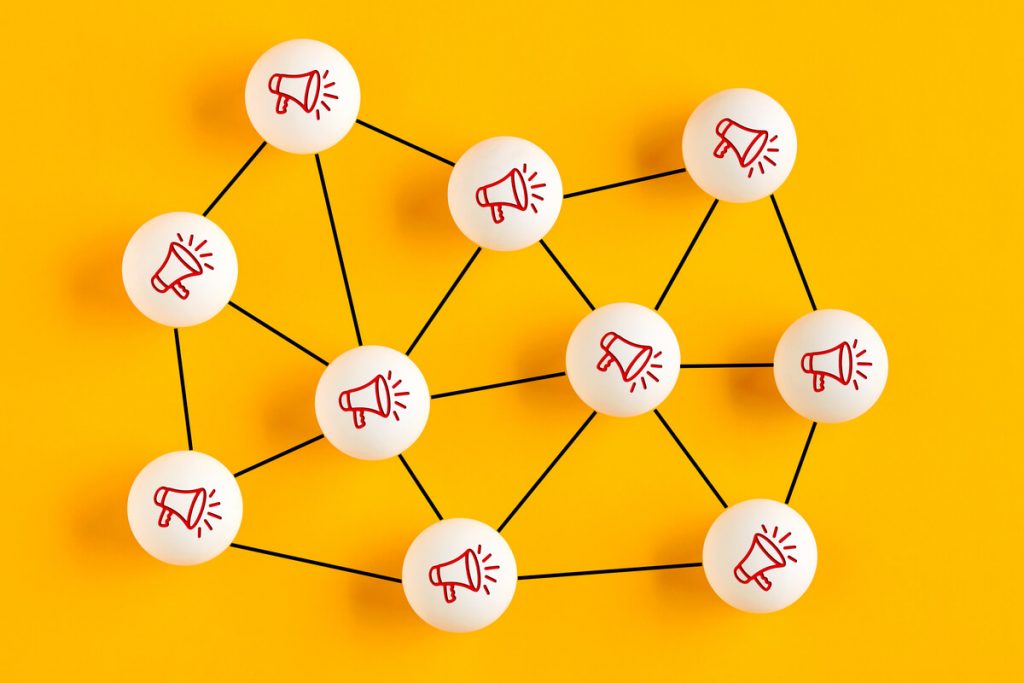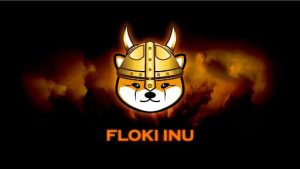How Are Online Communities Evolving?

Michael O’Rourke is the co-founder and CEO of Pocket Network, a blockchain data ecosystem for Web 3.0 applications._____
Online communities play an important role in how we stay connected. Consequently, this has seen a major reliance on online groups. So much so, that 76% of internet users took part in an online community in 2019, according to the Global Web Index. Online communities are one of the most effective ways for individuals to connect with each other on matters that mean the most to them. Whether it’s to learn something new to engage with, an interest someone is familiar with, or to find comfort among those with similar experiences, online communities are a way for us to connect.
During the COVID-19 pandemic, the importance of online communities proved its true significance. Due to their accessibility and subsequent popularity, online groups have become the go-to place for the amount of user-generated content shared online, whether it’s photos, reviews, or videos. As the internet continues to evolve we are moving away from relationships that focus on the ‘one to many’ to a more advertising style of community that is more inclusive. Online communities will remain an integral part of our day-to-day lives.
Yet, change is taking place and the nature of online communities is evolving. Whereas the previous era was dominated by a user, customer, and creator relationship, we’re now seeing online communities being taken to the next level.
Frictionless finance
2020 was the year of online community building. It was also the year when decentralized finance (DeFi) was pushed further into the mainstream as people looked to other measures to earn money through liquidity mining. With crypto and DeFi representing online groups of their own, it is these sectors that are taking online communities to another level.
And as we move into this new arena of online community building, it’s no longer a case of simply sharing information for businesses to reap the rewards from. The ownership economy – an ecosystem that enables those to have an ownership or a financial stake in something – is taking shape.
Combining crypto and DeFi to this ecosystem is a natural fit as it is the most prominent engine driving how to value digitalization and enable its frictionless finance. By doing so, novel approaches to real-world communities are achieved where they can use digital tools to create, capture, and exchange value more effectively.
While the concept of an ownership economy isn’t new, it has been brought to the fore with the emergence of blockchain and heightened interest in crypto in recent years. And with cryptoassets reaching all-time highs, we’re seeing increased regard for the emergence of decentralized autonomous organizations (DAOs), which offer new incentive opportunities and ownership to their users.
Web 3.0, DAOs, and creative ownership economics
With Web 1.0, companies created content and earned money. According to Tim Berners-Lee, the inventor of the World Wide Web, Web 1.0 was a “read-only web,” meaning it allowed us to search for information and read it. Web 2.0 – which largely remains today – sees people creating content, but companies earning money.
Since Web 1.0, how we view things on the internet and interact with each other is changing. So much so, that creators are taking back ownership of what they produce. Known as the creator economy, it is this that is disrupting traditional structures, which is seeing individuals demanding more control over what they create so it’s the creators themselves who are capturing the most value rather than businesses. The creator economy is being widely seen with the emergence of Web 3.0, which is pushing to change these dynamics even further. It is this third development that represents an innovative idea of reshaping organizational structures and incentives. DAOs and the ownership economy fall under the Web 3.0 category and are how the Web 3.0 pioneers, such as Ethereum (ETH)’s Vitalik Buterin envision it will organize through.
DAOs, online communities that govern capital to attain common goals, first hit the scene in 2016 with The DAO, which launched on the Ethereum blockchain. However, after raising USD 150m worth of ETH in a token sale, the crowdfunded project was hacked, losing USD 50m in the process.
While still in the early stages of development, DAOs have come a long way since then and have adapted and remerged with advanced tooling and collaboration methodologies for hyper collaboration between groups. By aligning long-term incentives of independent DAO’s who mutually benefit from each other through the mechanisms provided by blockchains and DeFi, organizations can operate in such a way that benefits all. Truly a rising tide lifts all ships.
One example of this type of “DAO2DAO” collaboration was the recent “Token Swap” between the Pocket Network DAO and Fuse Network DAO. When Pocket receives FUSE it aligns long-term incentives of its DAO through its treasury diversification, which permits for grants and DeFi mechanisms to be leveraged with this token, as well as additional capacity to support Fuse projects beyond providing their service. In turn, Fuse getting POKT enables it to subsidize their ecosystems’ of dapps (decentralized applications) bandwidth usage on the network, allowing them to grow quicker while maintaining their security.
Web 3.0, the ownership economy, DAOs, blockchain, and crypto couldn’t have come together at a more opportune moment. As we see a shift taking place where content creators are keen to create and earn from their creations, DAOs will be the way forward to helping achieve that. More still needs to be done, but future online communities will be built with user/contributor/owner in mind, giving them control over what they create.____Learn more: – Can You Trust Centralized Big Tech?- Decentralization in Crypto Is a Hard to Measure Ideal
– How Wu-Tang Clan’s USD 4M Album Reflects Crypto Ethos- This Is How DAOs Are Taking A Greater Role in the DeFi and NFT Sectors
– Bybit-backed BitDAO Announces USD 230M Funding Round to Fuel R&D- Cryptoverse & Busta Rhymes Point Out Flaws in Facebook’s Centralized System















